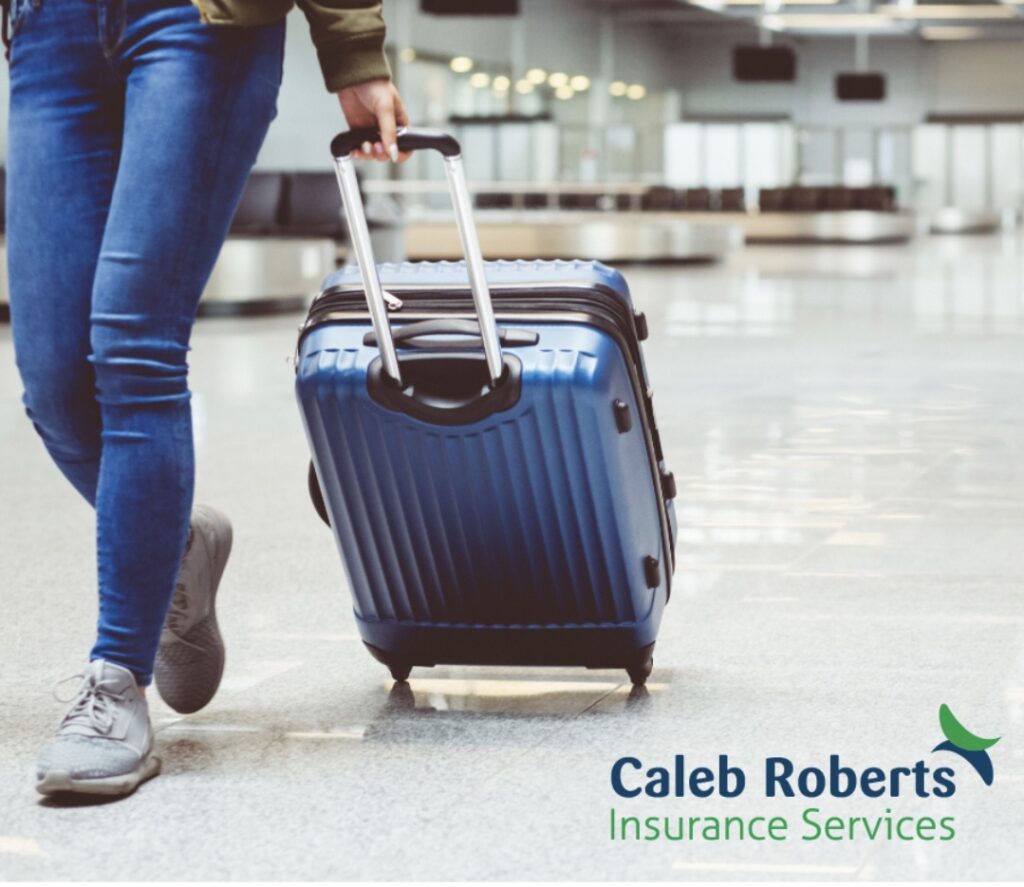How to keep your contents safe while travelling abroad

There’s nothing worse on a holiday than realising you’ve had your valuables lost or stolen, and if those valuables are passports, a phone, important documents, or cash, it can be a real headache trying to get home without them. We’ve put together a list of tips on keeping your contents safe while abroad so you can enjoy your holiday without the stress of losing your gadgets or documents.
Be careful with backpacks: It’s tempting to keep your phone or passport in the outer zip compartments of backpacks or rucksacks so they’re easy to get hold of when you need them, but this also makes them an easy target for thieves. Instead, make sure you put your valuable items deep in your bag so they’re not easily accessible, or wear your backpack on your front instead – it may look a bit strange, but it’s safer than carrying your valuables behind you!
Use a padlock on your luggage: A lot of thievery happens because of opportunity, so don’t give thieves a chance. Lock your suitcases and bags with a padlock so nobody can go fishing around in your possessions, though make sure to keep the key handy or remember the combination! A combination lock is generally a better idea, as it reduces the stress of having to keep the key safe.
Use a bag-wrapping service: In many airports, you will find there is a bag-wrapping service on offer – this involves checked suitcases being wrapped in clear plastic film which reduces the chances of tampering or damage. This can be a free or paid-for service depending on the airport, so make sure to check before you go.
Room safes: Hotels often include a safe within the room – use it! This is an ideal place to store your passports and any extra cash or documents you don’t immediately need while out and about. If your room does not come with a safe, try asking at the reception desk if they have anywhere you can lock away your valuables safely. If you are staying in a hostel, there may be provided lockers where you can stash your items, so it is a good idea to bring a spare padlock with you as they often do not provide these.
Keeping your valuables safe at the beach: It’s a good idea to minimise the number of items you need to bring with you to the beach – if you do need to bring your phone or any other gadgets along with you, make sure you keep them in a waterproof bag or pouch and don’t let them out of your sight. Otherwise, leave your electronics and valuables in your hotel room (preferably in the safe) and enjoy the sun and sand stress-free.
Stay streetwise: Tourists are often an easy target for phone and wallet thieves as they are unfamiliar with the locations and will have their phone or money out in the open more than the average local. If you need to check your position on Google Maps, make sure you’re standing away from the kerb with your back to the road, and grip your phone tightly (you can purchase phone grips that make this easier if you have a large phone or small hands) so you can avoid having your phone swiped by thieves on mopeds or motorbikes. Keep your bags close to you at all times and try to keep your money out of sight. Money belts are a good idea for cash and passports as they can be tucked under your clothes, making it difficult for pickpockets to access.
Have contents insurance in place: Sometimes, despite our best precautions, thievery or accidents will happen, so it’s vital to have contents insurance in place before you go away. This ensures that if your valuables are lost or stolen, you will be able to replace the items. Make scans of your insurance documents before you go and take a print-out with you that you keep separate from your other documents, so if the worst happens, you can make a claim with ease.
We would recommend seeking travel insurance cover when travelling abroad. Your home insurance may cover contents abroad, but it’s always best to check your policy documents before you travel.
If you need to arrange your insurance before you travel or would like to discuss policy cover, please call [Caleb Roberts Insurance Services on 01547 528028



